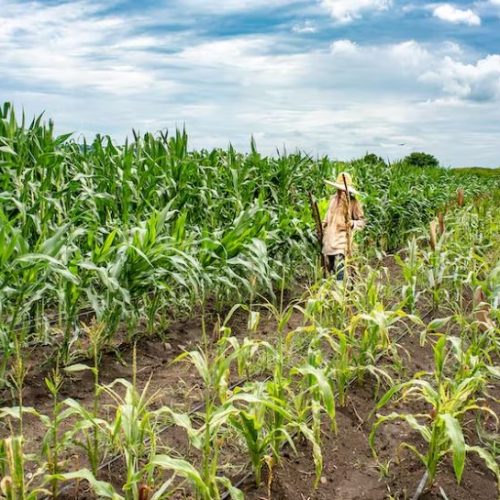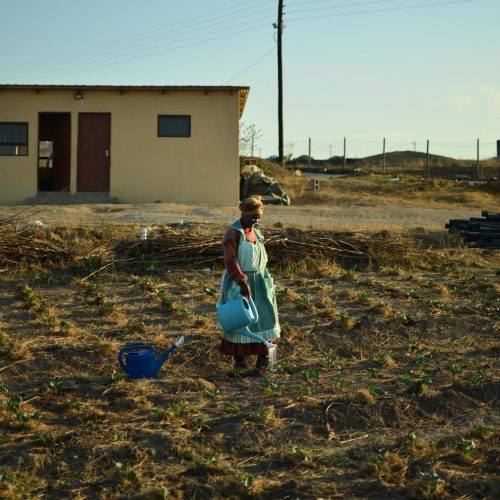Technology Can Boost Farming In Africa, But It Can Also Threaten Biodiversity - How to Balance the Two
Cultivating one hectare of maize used to be an arduous task for Precious Banda, a farmer in Zambia. It would take her hundreds of hours to prepare her land before sowing and to keep it weed-free until harvest – equipped with nothing but a small hoe. She says it was backbreaking work: “I can still feel it.” For a few years now she has hired a tractor, and a neighbour sprays herbicides for her. “Life has become so easy,” she says.
But she has also noticed changes around her farm. There are fewer bees and – most worrying for her – fewer caterpillars, which used to make a delightful dish. Precious Banda’s story is a perfect example of the situation millions of African farmers face.
Media WSU Agri Centre Empowers Local Subsistance Farmers
The Agri-Business Centre is set to direct its attention to three million agricultural households, the forgotten and neglected ones who are 98% of the total farming community; who are about a fifth of the total 17 million households that



